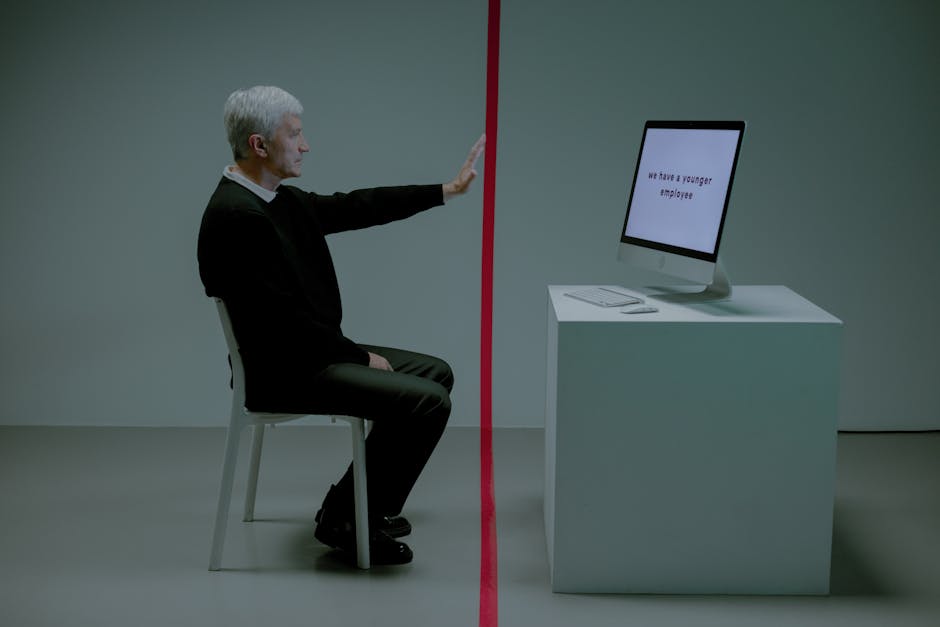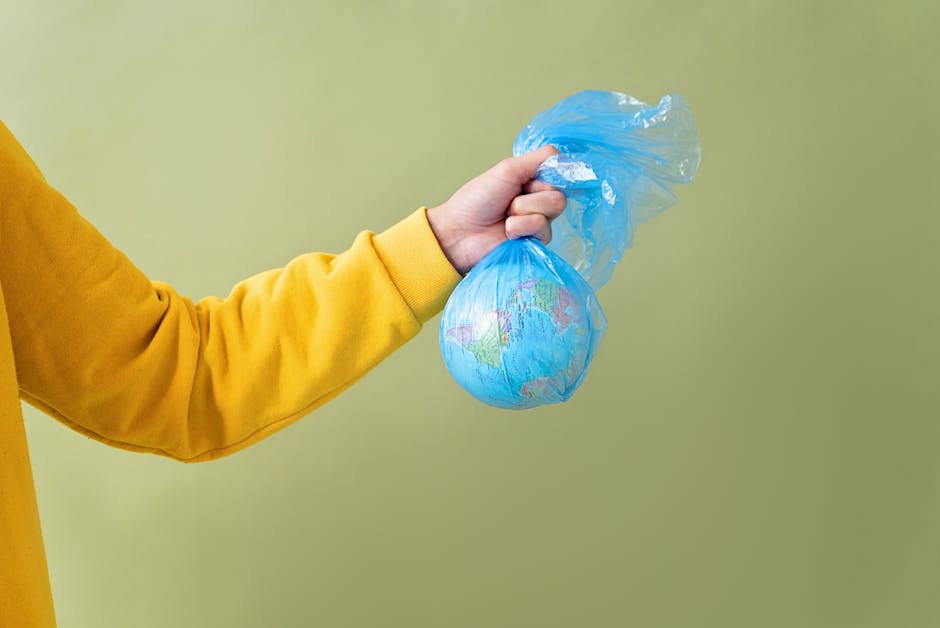This is an incredibly important topic to understand, as we live in a world that is changing at breakneck speed. Technology has allowed for greater connectivity, which means you have access to information around the globe at lightning speeds.
We are also living in a time where more people are able to enjoy the entertainment of all kinds, from watching sports to listening to music, anywhere they are due to technology.
It is very easy to get distracted by these new technologies but making decisions based on what the media is telling you can be disastrous.
By consuming too much media, your inner child is being starved of proper development. You will not learn how to focus, deal with stress, or value silence if none of those experiences exist.
This article will talk about some ways to use media less in vigorously in our lives, and why it is important to do so.
The effects of climate change

As we discussed in length earlier, climate changes happen throughout history– from ice ages to warmer temperatures. All life forms are able to sense when something is off and this phenomenon has profound impacts on everything!
Climate changes occur due to natural phenomena or external forces (like deforestation or industrial processes). Some studies suggest that our increasing use of technology like cars contributes to greenhouse gas emissions as well.
Governments can play an important role in reversing environmental damage by creating policies and regulations that promote sustainability. For example, they could tax or ban certain types of vehicles depending on their fuel efficiency.
We can’t expect things to improve unless we make some significant changes to how we live our lives. That means changing what you eat, where you shop, and how much energy you consume.
Rising sea levels

As climate change continues to occur at an ever-accelerating rate, we are now facing some very real and serious consequences. Sea level rise is one of the biggest ones that we have noticed so far.
Sea level rise happens when water from the ocean or other sources (for example, melted ice) accumulates in the atmosphere and then lands somewhere else.
As these inches and feet of liquid make their way back down onto our shorelines, they contribute to rising tides. This process has been happening slowly up until recently, but it’s really picking up speed now.
Climate scientists predict that this will continue for many years to come. And while things may still seem calm and peaceful, don’t forget that a lot can happen over a few months!
By 2050, there is a good chance that one meter of global average sea level rise will be well underway.
Thinning of ice sheets

As we mentioned earlier, climate change is not something that happens in the distant future. It’s happening now!
Just like the Earth has gone through several major changes before (The Great Oceanic Anoxic Event, The Ordovician-Silurian extinction event, etc.), she will soon experience another.
Climate scientists have been talking about this one for some time. They refer to it as “the middle ground” or the “ice-free summer” because they expect us to see an extended period when there isn’t much snow cover over North America and Northern Europe.
This wouldn’t be too bad if it wasn’t for two things: First, without heavy winter blankets, temperatures would rise more quickly during spring and fall.
Second, since water vapor is very light, it can travel longer distances than liquid water so rising air pressure would likely cause significant rainfall far from where the moisture comes from.
We’ve seen lots of evidence of both of these already and we are heading toward all three together. That means bigger floods and stronger storms.
More frequent and severe storms

Recent hurricanes, wildfires, floods, and earthquakes have shown us that our planet is no longer staying still. Natural disasters are increasingly common and more intense than ever before. Rising temperatures cause water to expand, which can result in increasing amounts of rain falling as well as larger volumes of water being concentrated in certain areas.
This has serious implications for those who live near coasts or other bodies of water. When there’s too much rainfall, flooding becomes an issue. Climate change makes such flooding happen more frequently and occurs at higher intensities.
These trends will only get worse as climate conditions become drier and warmer. Scientists say we’re now in a state of “climate emergency.
Rising temperatures

Climate change is not a nice to-watch coming event, but an inevitability that we must prepare for. With every passing day, our climate gets worse and badder.
Climate changes in many different ways. As mentioned before, temperature rises are happening at a rapid pace. This has serious consequences – most notably for humans.
Wildlife will be forced out of their habitats as warmer weather allows a more extensive range. Some will even survive by changing what they eat or evolving into new species!
For human beings, water supplies will be threatened. More frequent droughts and floods mean less fresh water available for everything.
And let’s not forget about sea level rise! Ocean waters expand when they get warm, which puts additional pressure on coastal areas.
This article will discuss some potential impacts of rising temperatures.
Effects of climate change on the environment
Climate changes occur due to natural processes that happen throughout the world, but our growing population means we are putting more pressure on the atmosphere than there is the capacity for it to hold onto.
Climate change has significant impacts on the environment. These effects can be seen everywhere from ocean acidification to plant and animal die-offs. Some examples include sea level rise causing coastal flooding, forest destruction leading to air pollution, and hot temperatures harming vegetation and wildlife.
While some changes are nice (ocean reefs grow back faster after exposure to rising carbon dioxide levels), many others are not (more heat energy in the atmosphere means longer periods of heated surface areas which encourages evaporation which then leads to water loss). Water loss through vaporization or sweating, as well as increased precipitation, both contribute to lower rainfall and higher flood risk.
Changes to weather patterns are another consequence of global warming. For example, when greenhouse gases increase in the atmosphere, it stimulates warmer air currents called circulations. This results in increasingly frequent severe storms and floods because the warmed air cannot dissipate quickly.
Ways of combating climate change

Recent events have made it clear that our planet is changing at an unprecedented rate. Climate changes occur due to natural processes, but human activity has clearly had an influence over the past few centuries.
Climate changes we are now experiencing are happening much more quickly than anything else in Earth’s history. These shifts are occurring because of something called global warming.
Global warming occurs when heat energy is absorbed or radiated away from our atmosphere too rapidly. Over time, this repeated process can lead to an increase in temperature.
There are many different factors that can contribute to global warming. For example, increased emissions of gases such as carbon dioxide (CO2) into the air will result in higher temperatures and changes in rainfall.
These changes are not only felt by those who live close to the coast, but also by people who enjoy spending time outdoors. Many resorts depend on tourists for their income, so if there are large numbers of deserted beaches or forests that are no longer lush due to lack of water, then these things lose their appeal.
In fact, some locations could even become completely uninhabitable. Although this isn’t likely, scientists do not agree on how long it will take until this happens. This makes it difficult to predict exactly what impacts global warming will have.
